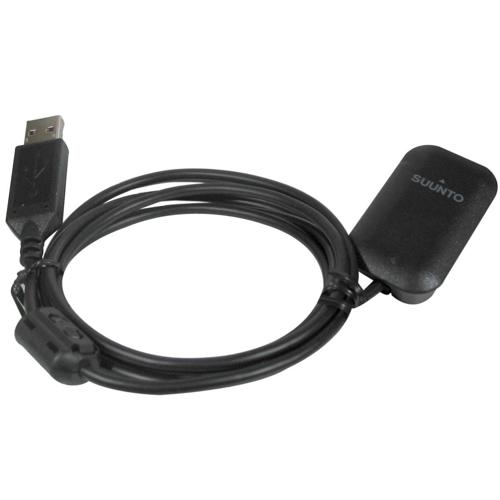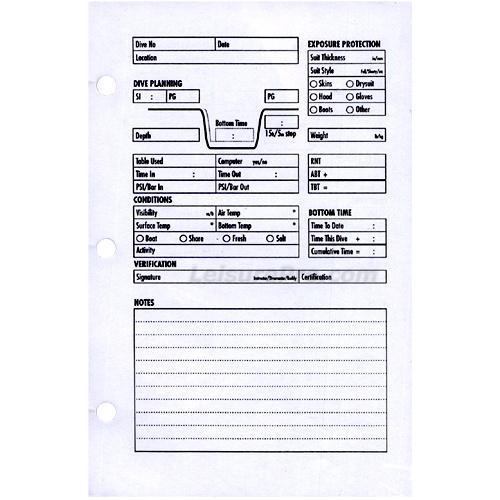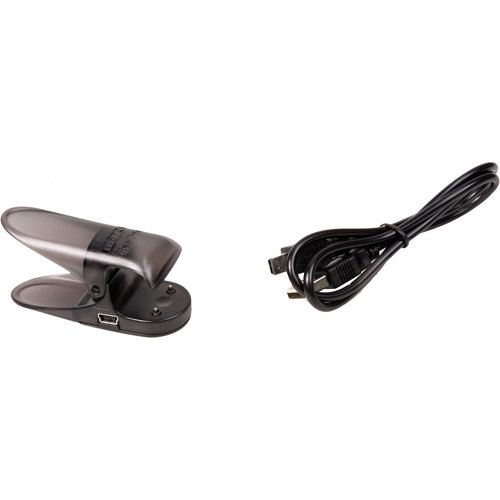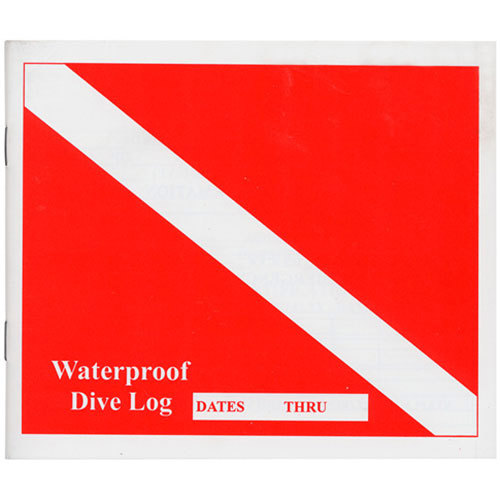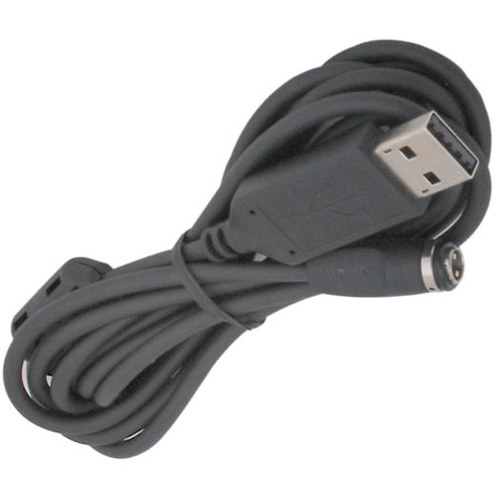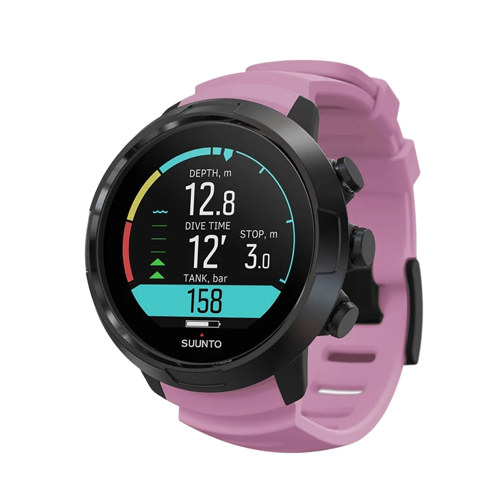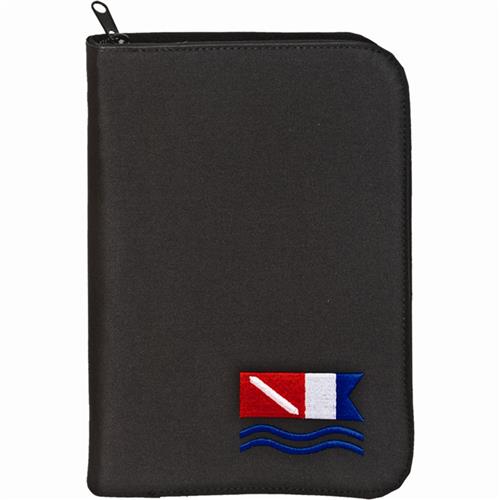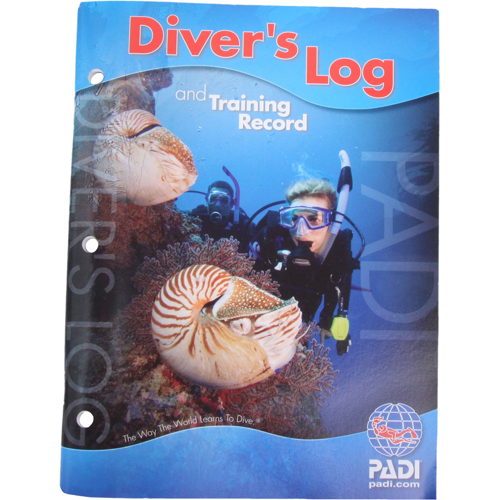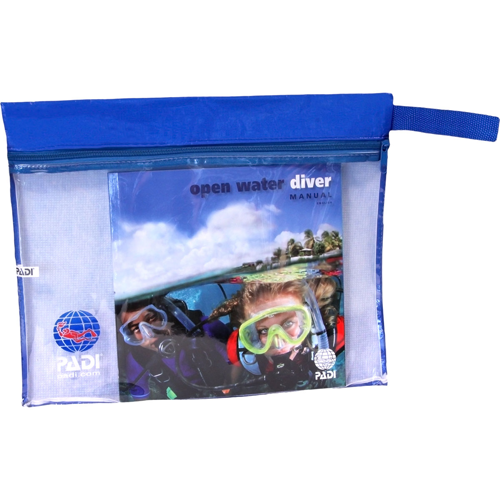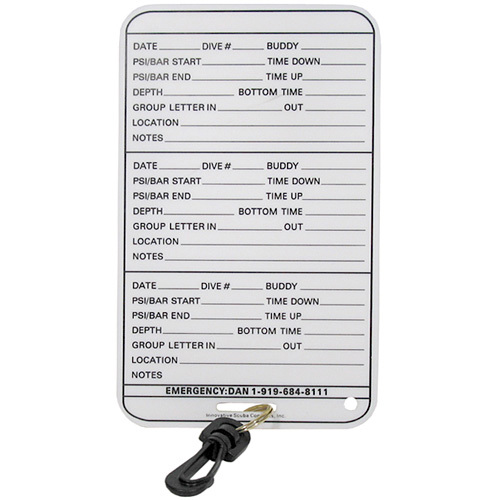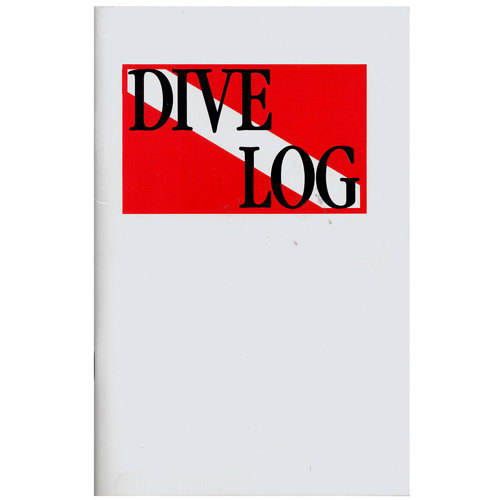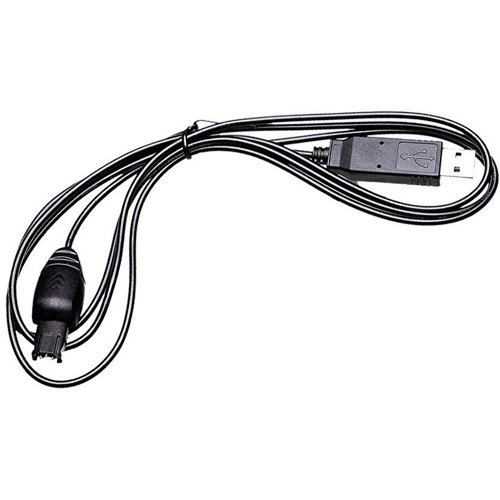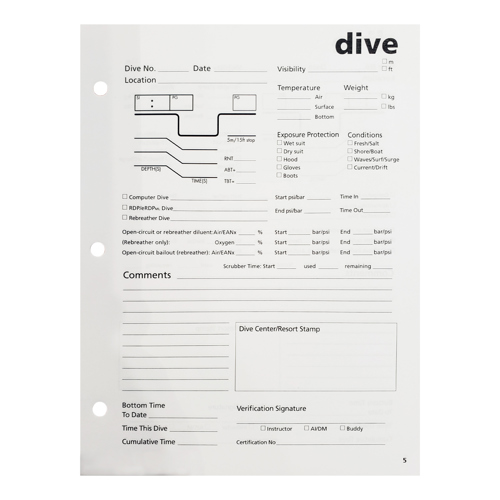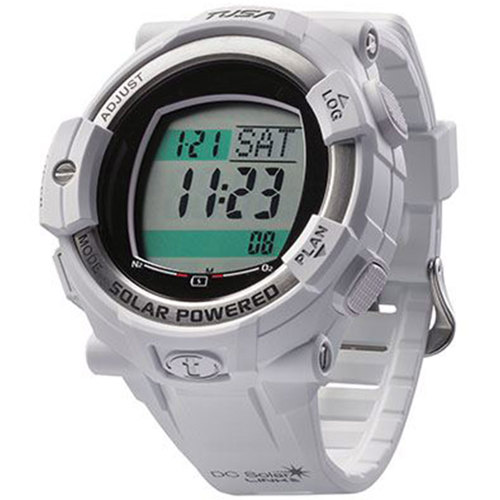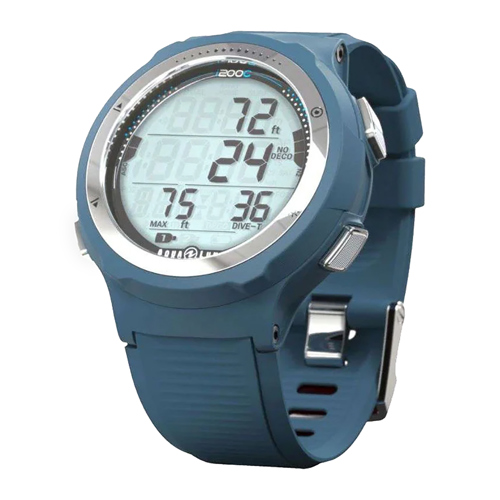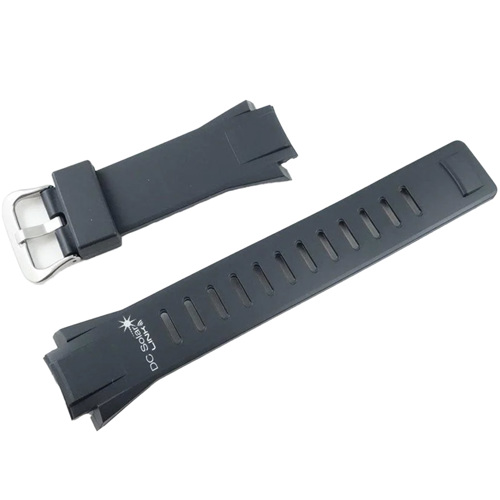Every dive tells a story, and the tools you use to capture those stories are as important as the experiences themselves. Maintaining a thorough dive log is a cherished tradition among divers, whether you’re just starting out or have explored countless underwater realms. The act of recording each dive—detailing the site location, depth, water conditions, marine life spotted, and even the emotions felt—transforms a fleeting adventure into a lasting memory. For many, a dive log is more than a simple record; it’s a personal archive that grows richer with every entry. As autumn approaches and the water begins to cool, seasoned divers often reflect on summer’s vibrant reef encounters and prepare for the unique challenges and beauty that come with the changing season. Having a reliable system for documenting these experiences, whether through a classic paper logbook or the latest dive logbook software, ensures that every detail is preserved for years to come.
Choosing the right products for tracking dive log experiences depends on your style, needs, and diving goals. Traditionalists may prefer the tactile satisfaction of a handwritten logbook, where each page becomes a canvas for sketches, stamps, and signatures from dive buddies and instructors. Others might gravitate toward the convenience and versatility of an online dive logbook, which allows for real-time data entry, easy sharing with friends, and seamless integration with dive computers. With digital solutions, you can back up your records, attach photos of marine life, and analyze trends over time—ideal for divers who love to see their progress or plan future adventures based on past conditions. These tools are invaluable for tracking important details like exposure protection used, weighting, equipment configurations, and environmental factors. They also serve a practical purpose, providing evidence of your experience for dive operators, insurance claims, or when pursuing advanced certifications. Dive log products make thoughtful gifts for new divers eager to document their journey, experienced explorers looking to upgrade their gear, or anyone who finds joy in reliving the magic of their underwater explorations.
No matter your approach, the right gear for recording dive log experiences can enhance your connection to the underwater world and deepen your appreciation for each dive. As the seasons change and dive conditions evolve, being able to reflect on your logged entries—recalling the first time you spotted a sea turtle, the challenge of navigating a strong current, or the satisfaction of perfect buoyancy—brings a sense of accomplishment and wonder. For divers who value both nostalgia and practical data, exploring the full range of options, from elegant logbooks to innovative dive logbook software, can help you find the perfect match for your needs. To dive deeper into the kinds of data you can track and how it can enrich your diving journey, visit our
Dive Log Data page for more insights. Whether you’re gifting a budding diver or upgrading your own system, the right dive log products ensure that every underwater experience is remembered, celebrated, and ready to inspire your next adventure.

